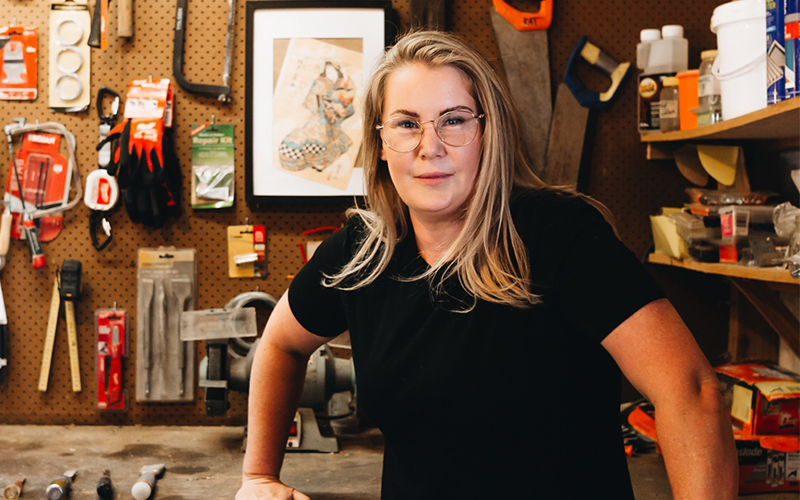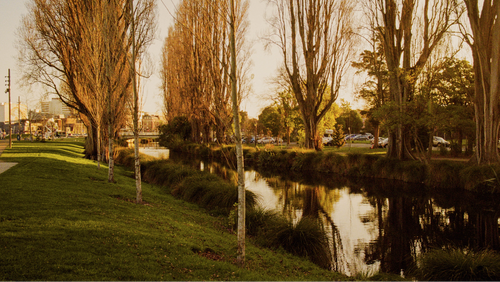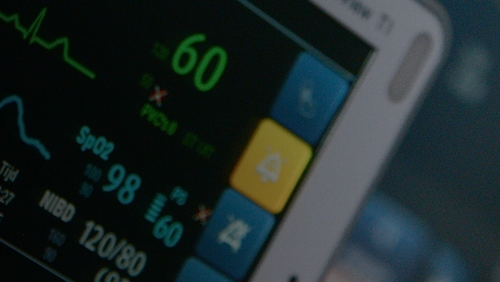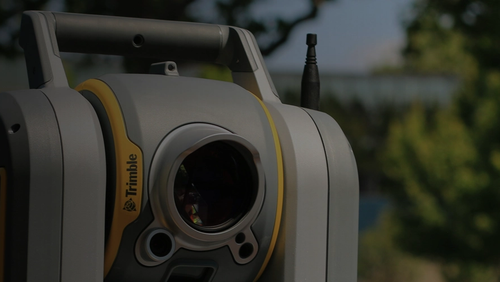11 Aug 2025
As a Relationship Manager with Waihanga Ara Rau, the Workforce Development Council for the Construction and Infrastructure sector, Kat Ricketts acts as a conduit between the construction and tertiary education sectors to deliver the future workforce that New Zealand needs.
Kat’s career has spanned the oil and gas sector, construction and education. In addition to serving on the National Council for the National Association of Women in Construction (NAWIC), she is also an active member of the NZ Certified Builders Apprentice Trust and owns BR Commercial Flooring.
How do you work with engineers in your role?
Waihanga Ara Rau along with Engineering New Zealand Te Ao Rangahau and ACE New Zealand have recently delivered the Engineering workforce long-term skills shortage: Action Plan 2025. This plan has been developed to address the long-term skills shortage the engineering profession is facing. New Zealand is estimated to need between 1,500 and 2,300 additional engineers each year to meet industry demands and support ongoing economic growth.
How does your work impact on engineers?
This research says that of the 3,400 people starting tertiary study engineering each year, only 855 remain in core engineering roles two years after graduation. Without enough engineers, the personal impact on those who stay can be significant. They face increased pressure to meet deadlines, leading to higher stress levels, worse mental health outcomes and potential burnout. The lack of adequate support can diminish job satisfaction and morale, making it harder to retain talent. Over time, this imbalance can create a vicious cycle where overworked engineers leave, further exacerbating the shortage and making it even more challenging for those who stay. This action plan sets out how our three entities are working together to address the long-term engineering skills shortage challenges New Zealand is facing. This will continue to be a long-term problem unless there is systemic change as discussed in this report.

What are some key observations you’d make after working with engineers?
New Zealand cannot address our infrastructure deficit, drive innovation-led economic growth, or meet our climate change responsibilities without engineers. We will also be unable to deliver and maintain the infrastructure we need.
What do engineers all seem to do so well?
Systematic thinking – the people I have worked with broke down complex problems into manageable parts and found logical and often very elegant solutions. I appreciated the no-nonsense communication. Cutting the “fluff” ensured that discussions remained focused on solutions and feasibility.
What do you wish people understood better about your role?
The engineering profession and workforce is incredibly important for this country’s development and contributes around five percent of the Gross Domestic Product. This is in jeopardy and the problem of workforce shortages is compounding. Engineering New Zealand, Waihanga Ara Rau and ACE New Zealand will continue to work collaboratively and report on this pressing issue. We will also continue to reach out to others undertaking work in this space, so we can together develop a systemic approach that is coordinated and effective. We have a range of recommendations from the Action Plan that are well underway and a number of future initiatives to support and increase the number of engineers in Aotearoa. But, the causes of this skills shortage are complex and multifaceted. Addressing the workforce challenges we are facing will require collaboration between professional associations, the government, the education sector and industry.
This article was first published in the June 2025 issue of EG magazine.







